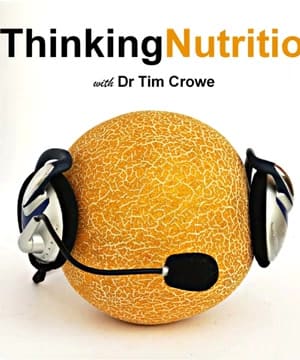How much sleep per night?
Sources:
The optimal amount of sleep varies by individual, but the general consensus among experts is that most adults require about 7 to 9 hours of sleep each night. Here are some insights from various experts:
-
from the suggests that most people do well with 6 to 8 hours, though some may need as much as 9 to 10 hours, especially children and those recovering from illnesses 1.
-
on the emphasizes that 7.5 to 8 hours is probably ideal for the vast majority. He notes the significant health risks associated with consistently sleeping less than 6 hours, such as increased risks of chronic illnesses 2.
-
from the recommends aiming for 7 to 8 hours, noting that fewer than 7 hours can significantly increase the risk of obesity and other health issues 3.
-
mentions the international average sleep need is 8.4 hours, and confirms that while some high achievers may get by on less due to rare genetic mutations, most people fall within the typical range of 7 to 9 hours 4.
-
in the states that the healthiest amount of sleep for adults is about 7.5 to 8 hours. She also points out that sleep needs can vary based on age and other factors 5.
Thus, aiming for around 7 to 8 hours of sleep per night appears to be a consistent recommendation for most adults. Adjustments might be needed based on individual factors such as age, lifestyle, and overall health.
RELATED QUESTIONS-
What to eat daily?
Sources:
Maintaining a balanced and nutritious diet is key to overall health. Here are some expert recommendations on what to eat daily:
-
More Plant-Based Foods: Tim Crowe, a dietitian and nutrition scientist, suggests prioritizing plant-based foods over animal products, incorporating fruits, vegetables, whole grains, nuts, and legumes. He advises limiting red and processed meat and avoiding sugary drinks 1.
-
Increased Greens: Dr. Rupy Aujla emphasizes the importance of including cruciferous vegetables like kale, arugula, and broccoli in your diet. These greens are rich in phytochemicals that support brain health and reduce inflammation 2.
-
Minimize Processed Foods: Dr. Jordan Shlain recommends eating real, unprocessed foods and avoiding items with long ingredient lists or those you can't pronounce. He endorses time-restricted eating and suggests a diet rich in vegetables and fiber, such as apples which are great for gut health 3.
-
Balanced Meals: Angela Lansbury’s approach, highlighted by Aubrey Gordon and Michael Hobbes, involves enjoying balanced meals that you love and listening to your body's hunger cues. Her typical daily menu includes fruits, vegetable salads, whole grains, low-fat cheese, steamed vegetables, and lean proteins like fish or chicken. She also highlights the importance of enjoying your meals and staying hydrated 4.
These guidelines suggest a daily intake focused on vegetables, especially greens, whole grains, fruits, and minimal processed foods to promote long-term health.
RELATED QUESTIONS-



